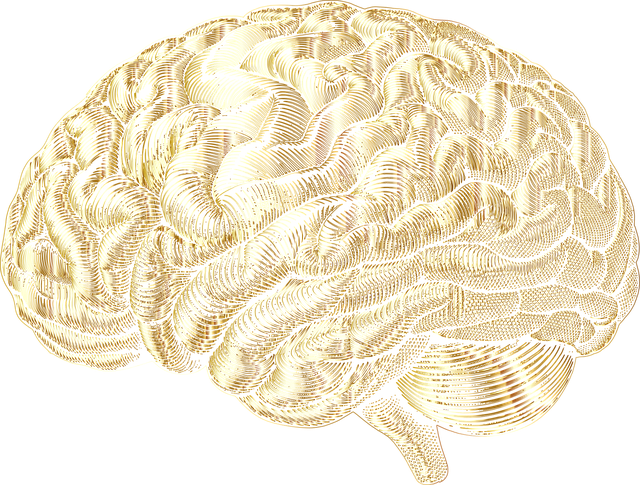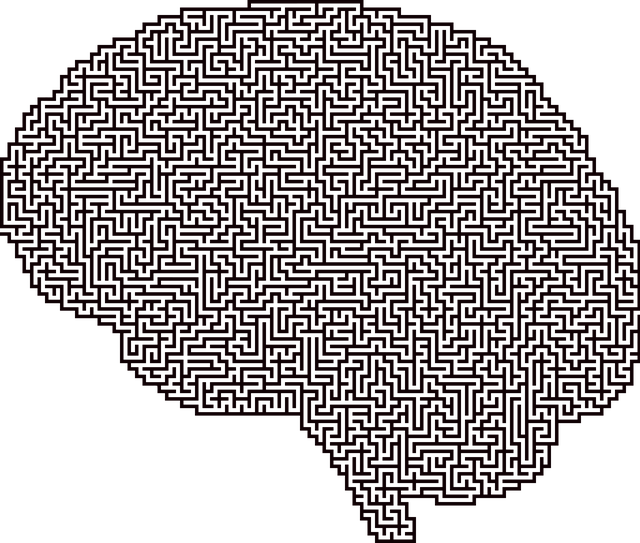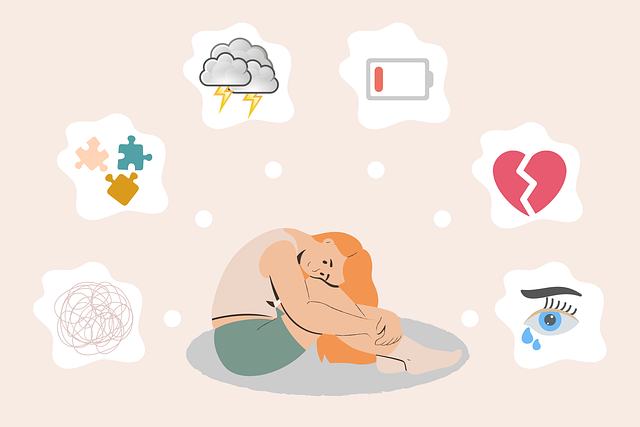Greenwood Village French Speaking Therapy offers specialized mental wellness programs tailored to the unique needs of multilingual communities, utilizing evidence-based practices like compassion cultivation and self-care techniques. They bridge cultural gaps through advanced evaluation methods, emphasizing culturally sensitive care and empowerment. Success is measured using KPIs, client feedback, and tracking improvements in well-being over time. Continuous improvement drives their approach, aiming to create a supportive environment fostering personal growth and preventing depression.
Mental wellness programs have become increasingly vital, with various evaluation methods employed to assess their effectiveness. This article delves into the comprehensive evaluation of mental health initiatives, highlighting unique approaches like the Greenwood Village French Speaking Therapy model. We explore common evaluation techniques, their advantages and drawbacks, and the critical role of Key Performance Indicators (KPIs) in measuring success. Furthermore, it discusses feedback loops as a tool for continuous improvement within these programs, emphasizing best practices learned from Greenwood Village French Speaking Therapy.
- Understanding Mental Wellness Programs: An Overview
- The Role of Greenwood Village French Speaking Therapy in Evaluation
- Common Evaluation Methods: Strengths and Limitations
- Measuring Success: Key Performance Indicators (KPIs)
- Continuous Improvement: Feedback Loops for Optimal Outcomes
Understanding Mental Wellness Programs: An Overview

Mental wellness programs are designed to promote overall well-being and resilience by addressing various aspects of mental health. These initiatives often incorporate a range of evidence-based practices tailored to individual needs. For instance, Greenwood Village French Speaking Therapy offers specialized services that cater to the unique cultural and linguistic requirements of its community, ensuring accessibility and effectiveness. The approach may include Compassion Cultivation Practices, which foster self-kindness and empathy, thereby enhancing emotional regulation and reducing stress.
Beyond therapeutic interventions, mental wellness programs emphasize preventive measures and self-care strategies. Mental Wellness Journaling Exercise Guidance can empower individuals to track their emotions, thoughts, and behaviors, promoting self-awareness and personal growth. Additionally, these programs may integrate Stress Reduction Methods, such as mindfulness meditation, yoga, or cognitive-behavioral techniques, to equip participants with tools for managing everyday stressors and improving overall mental wellness.
The Role of Greenwood Village French Speaking Therapy in Evaluation

Greenwood Village French Speaking Therapy plays a pivotal role in evaluating mental wellness programs by offering specialized services tailored to multilingual communities. The therapy center’s expertise lies in bridging cultural and linguistic gaps, ensuring comprehensive assessments that capture unique challenges faced by French-speaking individuals within mental health settings. Through culturally sensitive practices, therapists employ advanced evaluation methods, including detailed risk assessments for mental health professionals, to identify potential issues and tailor interventions accordingly.
Moreover, Greenwood Village French Speaking Therapy focuses on empathy building strategies and self-care practices as integral components of the evaluation process. By fostering an empathetic environment, therapists encourage open communication, allowing clients to express their concerns freely. This approach not only enhances the accuracy of evaluations but also empowers individuals to adopt healthier self-care routines, contributing to improved mental wellness outcomes.
Common Evaluation Methods: Strengths and Limitations

The evaluation of mental wellness programs is a multifaceted process that involves various methods to assess their effectiveness. One common approach is the use of self-report measures, where participants fill out questionnaires designed to gauge their symptoms, mood, and overall well-being. These tools are valuable for gathering subjective experiences, but they may not always capture the full scope of an individual’s mental health status, especially in diverse populations like Greenwood Village’s French-speaking community.
Another widely used method is the clinical interview, conducted by trained therapists or researchers. This allows for direct assessment and exploration of participants’ thoughts, feelings, and behaviors. While comprehensive, interviews can be time-consuming and may not reach a large enough sample size to draw meaningful conclusions. Incorporating communication strategies through public awareness campaigns and educational initiatives can enhance program accessibility and participation, ensuring that diverse communities, such as French-speaking groups in Greenwood Village, are adequately served and their unique needs addressed.
Measuring Success: Key Performance Indicators (KPIs)

Measuring success in a mental wellness program is a critical step to ensure its effectiveness and make necessary adjustments. Key Performance Indicators (KPIs) serve as metrics that track progress, gauge impact, and identify areas for improvement. For instance, at Greenwood Village French Speaking Therapy, we might monitor client engagement and satisfaction rates as primary KPIs. Regular feedback through surveys and one-on-one discussions can reveal how participants perceive the program’s value, helping therapists tailor interventions to individual needs.
Additionally, tracking improvements in specific mental health symptoms or overall well-being over time is essential. This could involve using standardized assessment tools or self-reported journaling exercises that capture changes in anxiety, depression, stress levels, and life satisfaction. Integrating Mental Wellness Journaling Exercise Guidance can offer clients a way to introspect and document their progress, while Mind Over Matter principles encourage resilience and positive coping strategies. These data points collectively contribute to evaluating the program’s success and ensuring it aligns with desired outcomes.
Continuous Improvement: Feedback Loops for Optimal Outcomes

At Greenwood Village French Speaking Therapy, we believe that continuous improvement is key to achieving optimal outcomes in mental wellness program evaluation. Feedback loops are an essential component of this process, allowing us to adapt and refine our approaches based on real-world data and client experiences. By regularly gathering and analyzing feedback from participants, therapists, and other stakeholders, we can identify areas for enhancement and make informed decisions to improve the effectiveness of our programs.
This iterative approach not only helps in preventing burnout among healthcare providers but also plays a crucial role in depression prevention by addressing emerging needs and trends within our community. The design of mental health education programs should incorporate mechanisms for ongoing assessment and feedback, ensuring that they remain relevant, engaging, and aligned with the latest research and best practices. Through this continuous improvement process, we strive to create a supportive environment where clients can thrive and reach their full potential.
Mental wellness programs are multifaceted initiatives that greatly benefit from evaluation methods like those employed by Greenwood Village French Speaking Therapy. By understanding the strengths and limitations of common evaluation techniques, such as key performance indicators (KPIs), organizations can continuously improve their programs to achieve optimal outcomes for participants. Incorporating feedback loops ensures these programs remain dynamic and responsive to evolving needs, ultimately enhancing mental health support in diverse communities.














